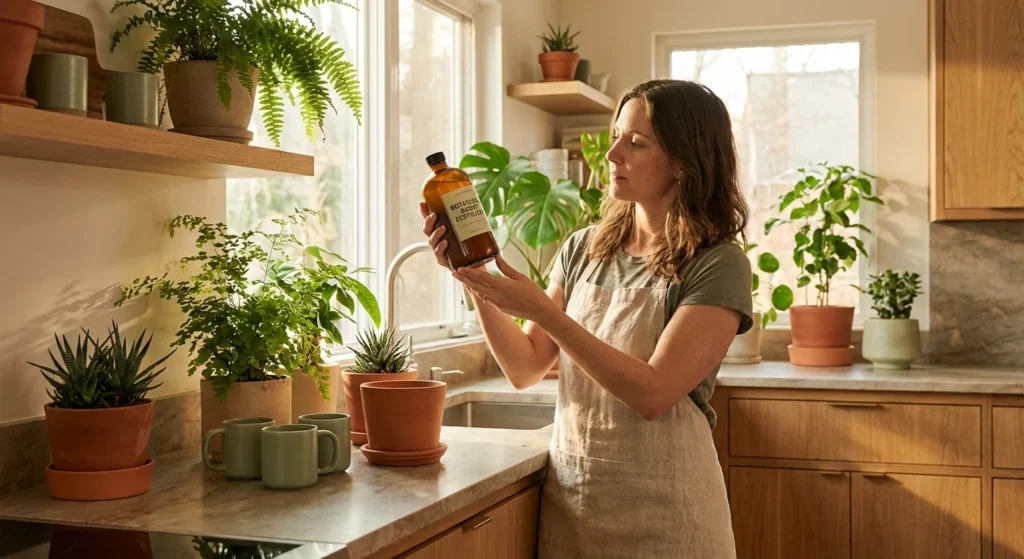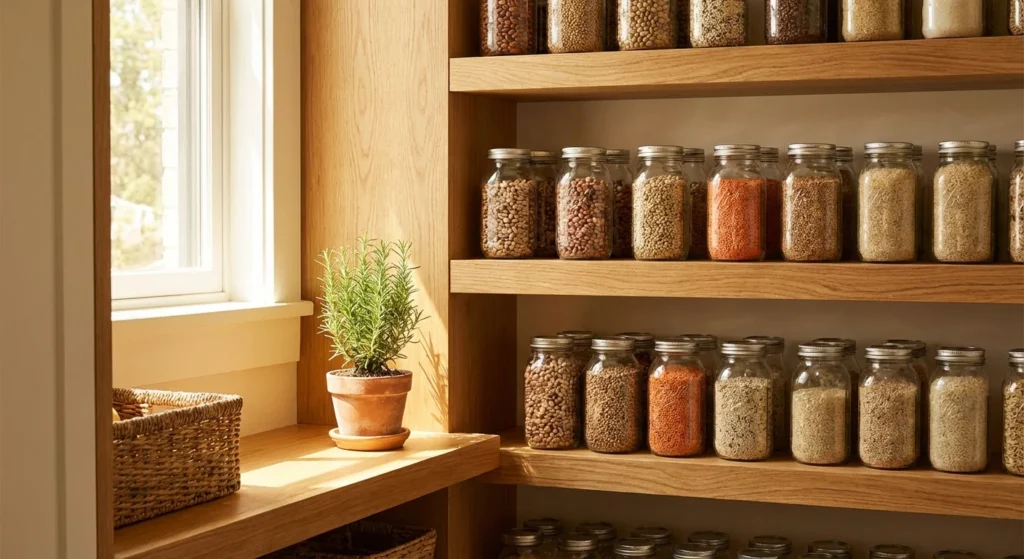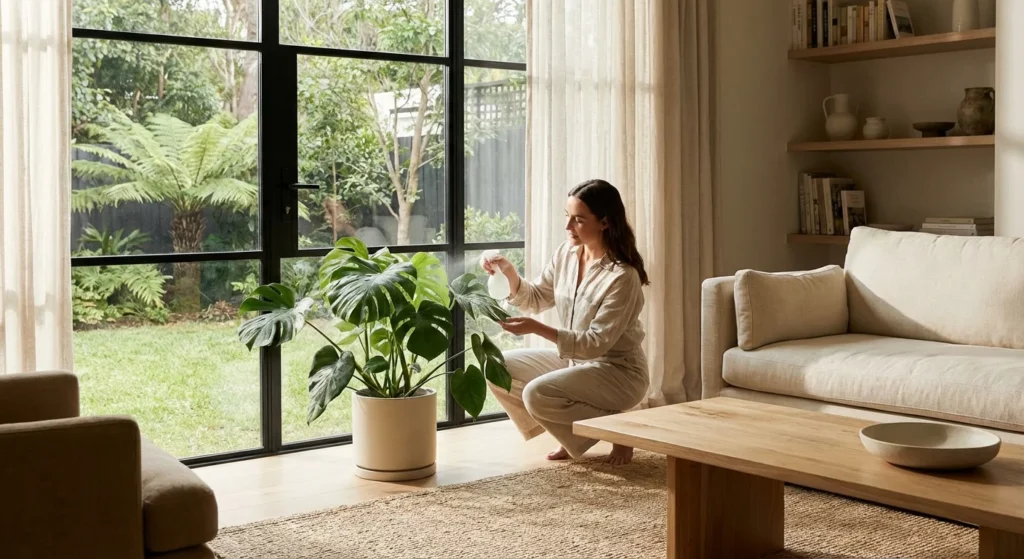It doesn’t matter if you are an experienced gardener or just starting out, there is always a chance of aphids attacking your plants. There are many ways to get rid of aphids naturally and we will share them with you in this blog post.
We will also give tips for gardeners on how they can protect their plants from infestation and save themselves time and money!
Learn more: How to get rid of Crabgrass?

Aphids and Aphid infestations
Aphids are tiny insects that feed off plant juices and can cause a lot of damage. These little pests are often called plant lice or greenflies.
These insects can reproduce quickly and can be found all over the world, meaning any garden could be at risk of an aphid infestation.

Aphids chew through plants and suck their sap, which can cause the leaves of your plants to turn yellow and curl up.
They use their rostrums to pierce the surface of leaves, stems, and other tender plant tissues where they suck out sap. Aphids feed on many trees, shrubs, flowers, garden vegetables, and fruits
At this stage, the aphid population consists mostly of wingless young females who reproduce without mating by parthenogenesis (asexual reproduction).
This means only one generation is produced each year allowing for exponential population growth within months if left unchecked!
Another interesting fact about aphids is after feeding they excrete honeydew onto leaf surfaces below them which can lead to black sooty mold growing on your plants.
Each species has a preferred host plant on which it feeds and can reproduce quickly given the right conditions. Aphids are hemimetabolous, meaning they go through incomplete metamorphosis with three life stages: egg, nymph, and adult.
In general, they haven’t considered a major pest but if the aphid population in your garden explodes they can cause significant damage to plants by sucking out sap which reduces the vigor of plants leading to reduced yields or even death in extreme cases.
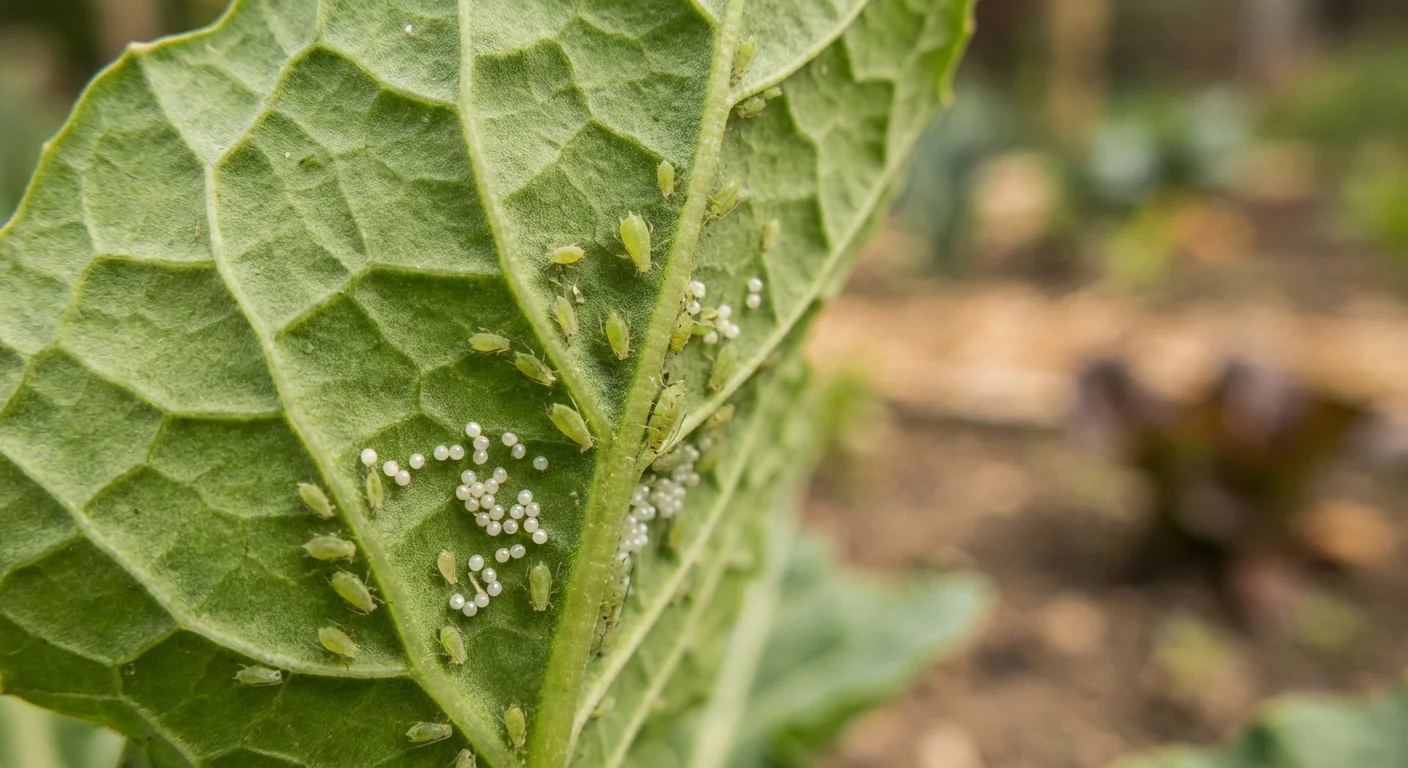
Life Cycle of Aphids

Egg – The aphid lays her eggs on the underside of leaves. Aphid eggs are small and oval in shape.
Nymph – A nymph hatches from an egg and is very small, resembling an adult aphid. It will start to feed and grow quickly.
Adult – The adult aphid is what you typically see on plants. They can reproduce and lay eggs.
Pupa – In the final stage of their life cycle, the pupa becomes an adult aphid.
The entire process from egg to adult can be completed in as little as seven days! This means that if you don’t catch them early, they can quickly become a big problem in your garden.
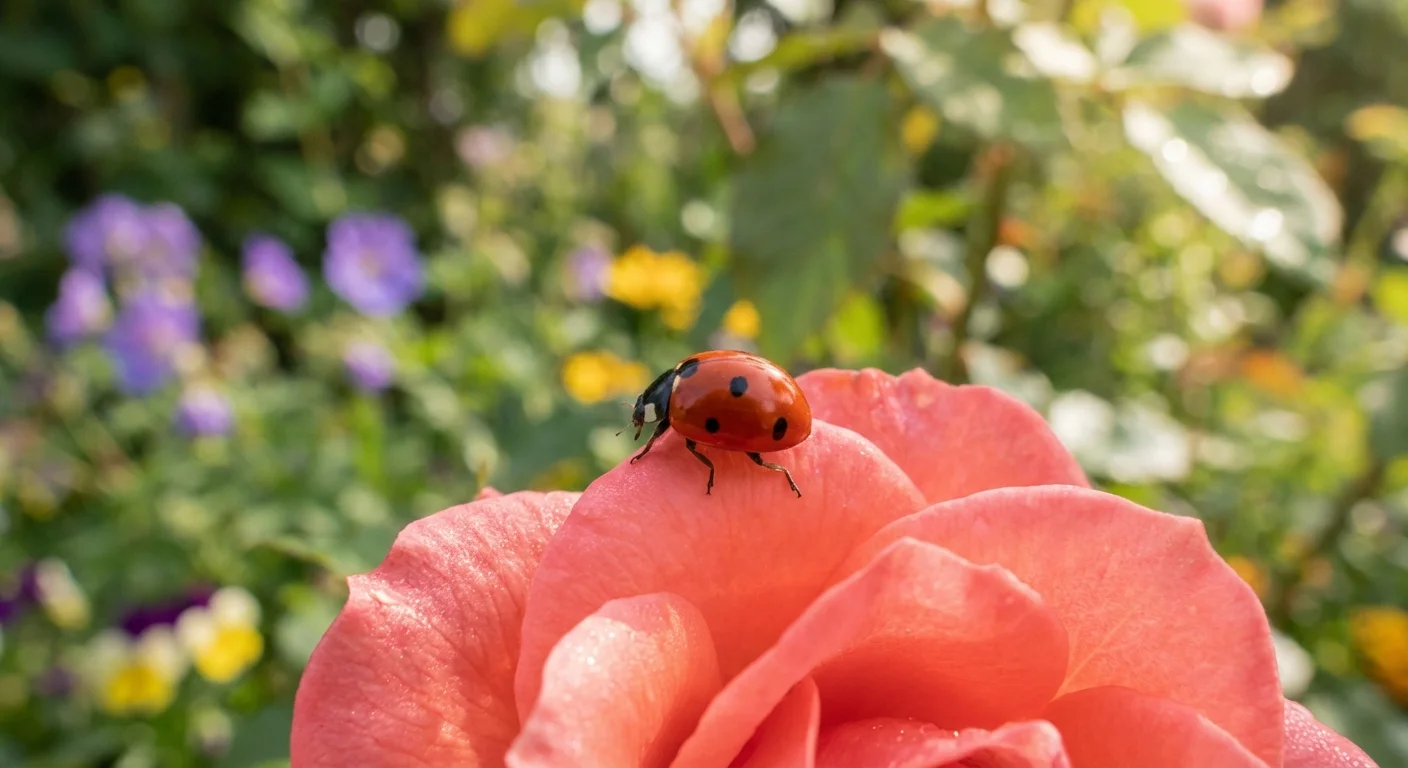
Why not use pesticides to kill aphids?

Most people use chemical pesticides to kill aphids but this can have serious effects on other insects in your garden such as bees- plus they also pollute the environment which is bad news for everyone.
So what are some of the best natural remedies available? How do I protect my plants from infestation? How long does it take before you see results? How much am I going to spend?! Well, don’t worry because we’ve got all of these questions covered and more, so keep reading!
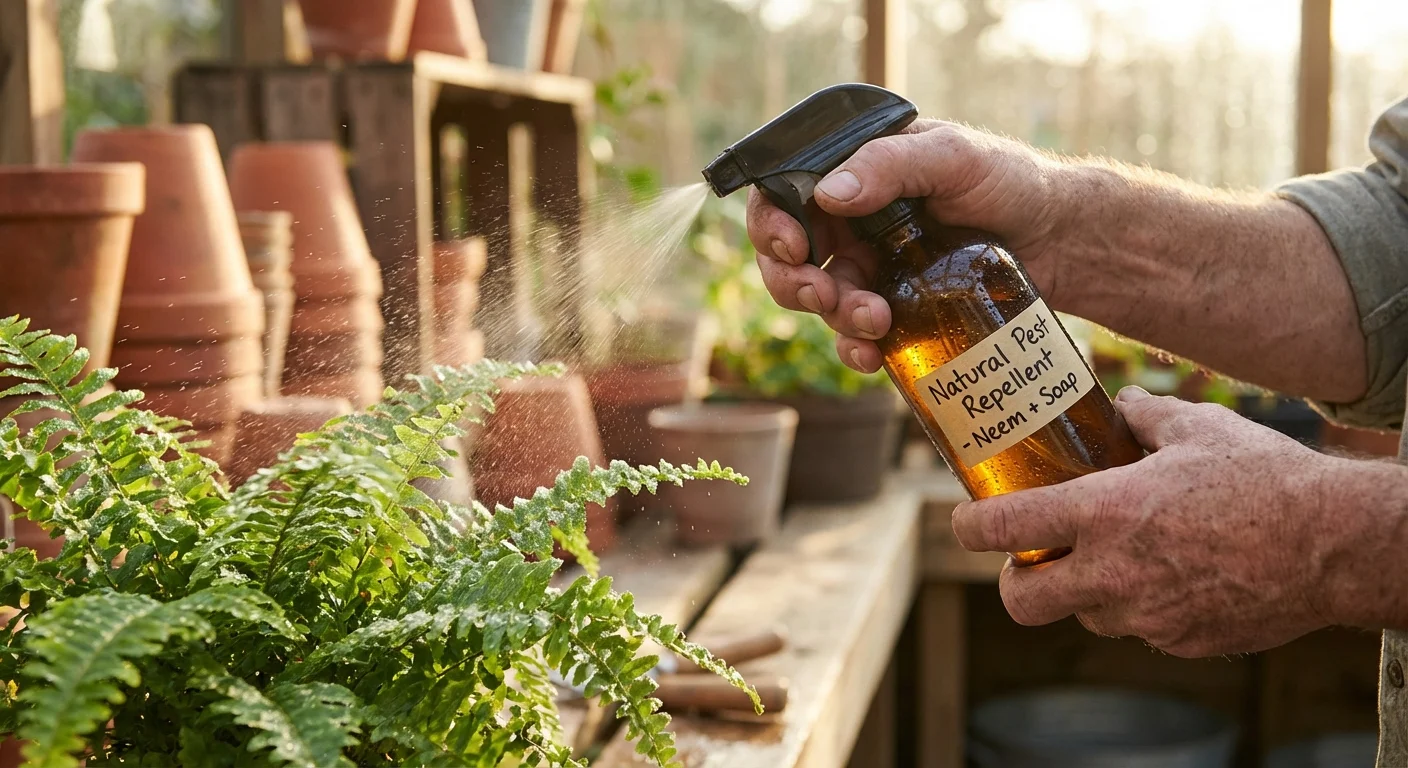
How to Get rid of aphids Naturally?
Aphid infestations can be difficult to get rid of on your own, but there are some natural ways you can do it yourself without using harsh chemicals is important for the health of your plants and the environment.
1. Keep your plants well-watered

Plants are more vulnerable than usual during periods of drought so high summer is an ideal time for aphid infestations. Without enough water in their roots, your plants won’t be strong enough to defend themselves against these pesky insects that suck away at the plant’s sap and leave it susceptible to infection or disease. Not watering properly can also cause leaf curl which will inhibit photosynthesis by preventing light from reaching vital chloroplasts in the leaves.
The quality of the plant’s sap can be improved if there is less precipitation. Aphids can get more usable food in a shorter amount of time if the sugars and nitrogen concentration in the plants are increased.
These small, sap-sucking insects can cause extensive damage to plants and can be difficult to get rid of. One way to help protect your plants from aphid infestation is to make sure they are well-watered. Aphids prefer dry plants, so keeping the soil moist will help keep them away.
2. Avoid over-fertilizing your plants

Aphids are attracted to fertilized plants, so you’re actually making your problem worse by over-fertilizing
Aphids are drawn to nitrogen, so avoid using excessive amounts of fertilizer. Feed your plants smaller amounts of nutrients throughout the season, or use organic slow-release fertilization only when needed.
3. Use beneficial insects to prevent aphids
Beneficial insects will help to keep aphids under control. Many different beneficial insects can be used, such as parasitic wasps, ladybugs, green lacewings, and hoverflies.
Parasitic wasps are natural predators that will kill aphids by laying eggs inside of their bodies. These Parasitic wasps have been used successfully in organic farming for years with great results!
Ladybugs eat aphids so release ladybugs to control aphids. You can purchase ladybugs from most garden stores or online. Make sure you get a variety of ladybug species that are native to your area for the best results.

How to Attract beneficial insects?
This is easy. A great way to attract these important natural predators is through planting flowers that attract them, which feed on smaller bugs like earwigs and aphids. Planting a variety of different flowering plants can be helpful too because it ensures there’s always something blooming for beneficial insects to eat throughout all seasons!
4. Grow plants with natural pest-repelling properties around your garden
Use plants to your advantage by planting varieties that attract beneficial insects (aphid predators) or those that naturally repel aphids.
Lavender, thyme, and mint are all great herbs to plant near vegetables since they have strong aromas that pests don’t like.
Marigolds also make great companions for vegetable gardens as they release a fragrance that confuses harmful bugs deter aphids.

You can also place containers of herbs around your garden to achieve the same effect. Dill, fennel, cilantro, chives, and peppermint are all great choices for this.
Finally, nasturtiums are beautiful flowers with a bonus – their leaves and stems are edible! Plant these around the garden to help keep pests at bay.
5. Plant a trap crop to attract aphids

Trap crops can be any crop that you don’t mind being infested with aphids. The trap crop will lure the aphids away from your other plants, and you can then remove the trap crop to get rid of the aphids.
Some good choices for a trap crop include Zinnias, calendula, dahlias, cosmos, asters, mustard, nasturtium, and nettles.
6. Control aphids with homemade aphid spray

By mixing a few tablespoons of pure liquid soap (such as Castile) in a small bucket of water. Use this insecticidal soap to spray the aphids and other plant pests, such as whiteflies, spider mites, scales, and mealybugs.
Place affected plants outdoors or under strong sunlight for several hours after spraying them with insecticidal soaps. The sunshine will help kill off any hidden insects on the leaves and stems of your plants.
You can purchase insecticidal soap from most garden centers, home improvement stores, or online. Look for a product that contains the active ingredients of potassium salts of fatty acids or horticultural oils. These are biodegradable and will not harm beneficial insects, birds, or mammals.
7. Organic aphid control – organic sprays

Neem oil provides long-lasting control of hundreds of insects including whitefly, aphids, mealybugs, mites, scale crawlers, and even some beetles such as Mexican bean beetle larvae.
- Mix Neem oil and water in a spray bottle. Spray the mixture directly on aphids to control them.
- Add a few drops of Essential oils such as Peppermint, Rosemary, or Eucalyptus oil to the Neem oil mixture for extra Aphid control.
Essential oils are made from plant material – flowers, leaves, bark or seeds – which makes them naturally organic with no hidden ingredients. Essential Oils provide long-lasting protection against a range of agricultural pests including beetles like Mexican bean beetle larva, caterpillars.
- The essential oils will help deter the aphids from returning and also act as a natural insecticide.
8. To control aphids, you should also control ants

Ants and aphids have a mutualistic relationship: they help each other out. If one goes away, the other usually goes away. If you want to keep an aphid problem under control, kill off the ants first.
Ants protect aphids from predators and parasites, while aphids provide food for the ants. If you want to get rid of aphids, you need to get rid of the ants that are protecting them. There are several ways to do this:
-Use an insecticide spray specifically designed to kill ants
-Place ant bait around your plants to lure the ants away from your crops
-Install physical barriers like fences or netting to keep the ants out
Many of the same organic used to control aphids are also effective against ants such as neem oil., so you can tackle them both at one time. If there is a sudden emergence of colonies of ants around your plants, you should keep an eye out for them.
If you take steps to control both aphids and ants, you’ll be able to achieve better results in getting rid of these pests.
9. Lightly dust your plants with diatomaceous earth to repel aphids

Diatomaceous earth is made from the fossilized remains of tiny one-celled organisms called diatoms. Diatoms are very hard and abrasive, which makes them great for getting rid of soft-bodied insects like aphids. The sharp edges of the diatomaceous earth cut through the waxy coating on an aphid’s body, causing it to dehydrate and die.
You can buy diatomaceous earth at most garden centers or online. It is sold as a powder, but it’s also available in pellet form that can be spread with a fertilizer spreader. You can also make your own by grinding up some diatomaceous earth in a blender or food processor.

Common questions
Which beneficial bugs are best for controlling aphids?
There are many different types of bugs that can be used for aphid control. Some of the most common include ladybugs, lacewings, and hoverflies.
Each type of bug has its own strengths and weaknesses, so it is important to choose the right one for your specific situation.
Ladybugs are probably the best-known beneficial bug for natural aphid control. They are very effective at destroying large numbers of aphids, and they also eat other pests such as mites and scale insects.
Ladybugs can be purchased from garden stores or online retailers, or you can encourage them to visit your garden by planting flowers that attract them.
Can I use vinegar to get rid of aphids?
Vinegar is used to kill aphids and other soft-bodied insects such as mealy bugs, scale, and whiteflies. It is also effective against the eggs of these insects.
The best way to use vinegar on plants is to spray them with a dilute solution of white distilled vinegar. Use 1 part vinegar to 4 parts water.
Spraying the plant will kill any adult insects on the plant; however, it will not kill any that are in the soil or have fallen off the plant.
Vinegar has no residual effect once it dries, so repeat applications may be necessary if you are trying to kill aphid populations that have fallen off your plants and/or their eggs in the soil.
Regular spraying will prevent new adult.
Do coffee grounds keep aphids away?
There’s no truth to the rumor that coffee grounds repel garden pests like aphids. In fact, using coffee grounds as a garden treatment may even do more harm than good. Coffee grounds can acidify the soil and create conditions that are unfavorable for plant growth. So if you’re looking for an organic way to get rid of aphids, skip the coffee grounds and try something else!
Do banana peels keep aphids away?
There are a few studies that have been conducted on banana peels and aphids. In the 1970s, scientists concluded from their research that bananas do not keep aphids away from plants.
A 2012 study performed by researchers at North Carolina State University found similar results.
when put in contact with potatoes or roses, which were also infested by aphids, they saw no significant differences between using a banana peel versus simply leaving the plant be.
There is another study though where it was found that the peel of a green banana repelled aphids from attacking cotton plants.
So what’s the verdict? There is still some conflicting evidence out there, but it seems like at this point in time, using banana peels as an aphid deterrent may not be very effective.
If you’re curious to try it out for yourself though, go ahead and give it a shot — Worst case scenario, nothing happens and you’ve just got yourself a nice snack!
Where do aphids come from indoors?
Aphids often come into homes through the windows. They can be blown in by the wind or they may hitch a ride on plants that are brought inside. Once they’re indoors, aphids can quickly multiply and become a nuisance.
How to get rid of aphids indoors?

Aphids feed on succulents so you should keep an eye out for these little pests if that’s what kind of plant you have at home.
You need to use insecticidal spray and put Insecticidal soap in it that is safe for indoor use. Sprayed directly on aphids and aphid eggs, insecticidal soap is very effective against them. Since you can’t bring in beneficial insects or blast them with water, Insecticidal soap is a good way to get rid of the aphids on indoor plants.
Spray the plant thoroughly on all sides with the spray, paying particular attention to the undersides of leaves and the stems too, as these are where aphids tend to congregate.!
How to get rid of root aphids?

The signs of root aphid damage are similar, with curled or yellowed leaves and a failure to thrive. However, the insects themselves can be difficult to spot because they often live underground.
One way to get rid of root aphids is by using natural predators like ladybugs or lacewings.
You can also try spraying the plants with a strong jet of water to knock them off or use insecticidal soap.
Finally, you can remove any infected plants and bury them in the ground so that the pests cannot spread.
Whichever method you choose, make sure to keep an eye on your garden so that you can catch any new infestations early!
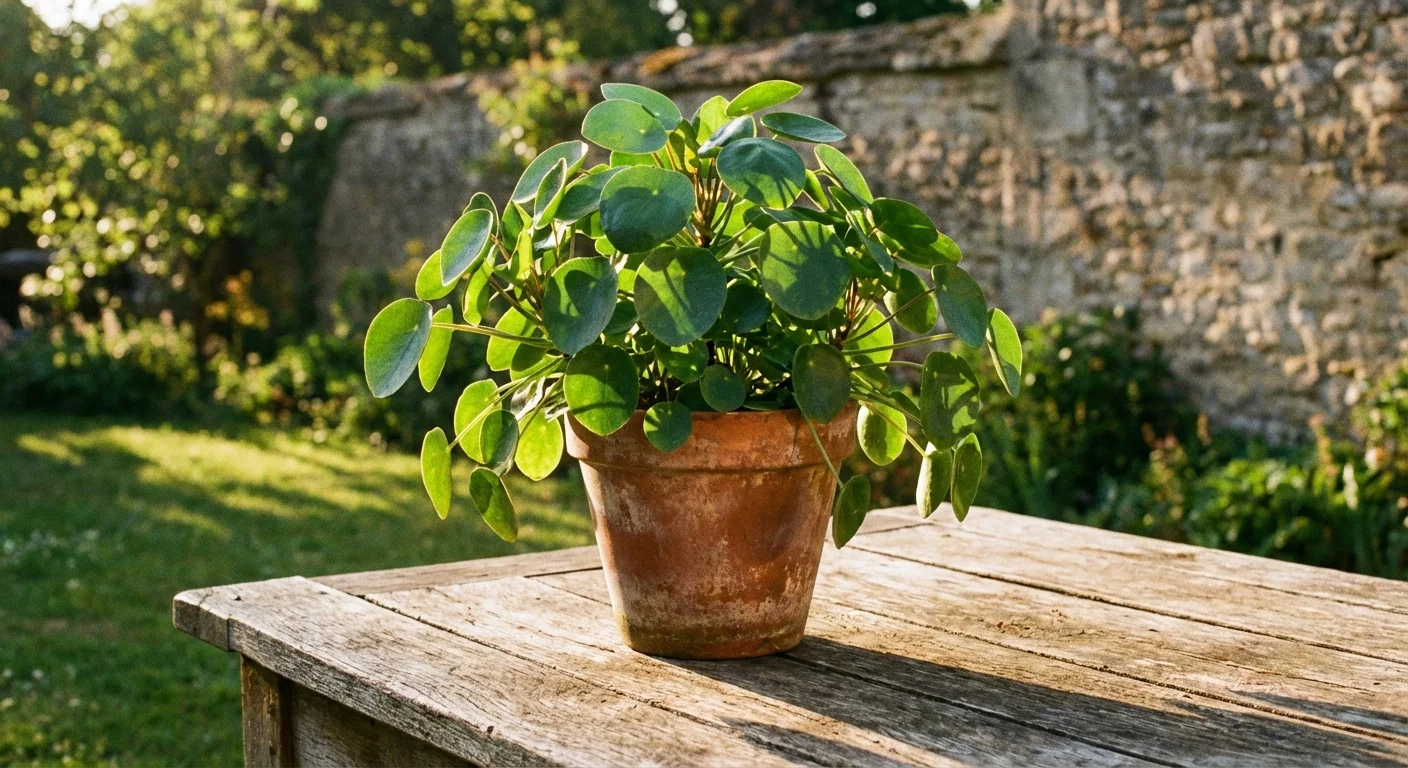
Conclusion
We hope this article has given you some ideas for how to control aphids. We’ve compiled some tips on how to repel aphids that are safe around your home or garden. Once you’ve found one that works best in your situation, put it into action! You’ll be glad you did when those pesky critters finally go away.
If you are still struggling with what to do, feel free to reach out and we can help!

